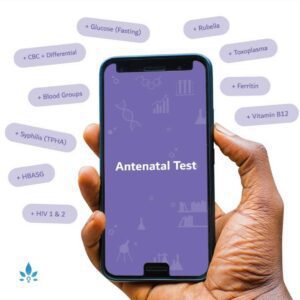Baby Development: Your 11 Month, 1 Week Old


It’s normal for young children to get colds. Sometimes, a child can have as many as 10 colds before he or she turns 2. As a parent, you will always worry when your little one gets sick, even if it is just a harmless cold. The common cold can make anyone feel crummy, especially when it’s your baby. What starts out as a tickle in the back of the throat soon turns into sneezing, coughing, and congestion, often accompanied with fever. Unfortunately, there is no magic cure for these viral illnesses that cause an upper respiratory infection.
Babies often do not want to eat when they are sick, leading parents to become concerned that their babies are not getting enough nutrients. Your baby may just want to nurse or take a bottle, but may not be interested in solid foods. As long as your baby is taking fluids well and is making a normal number of wet diapers, you should not be overly concerned. The appetite will return as soon as your baby is feeling better.
There are a few things you can do to make life a little easier for your baby when he or she has a cold or viral infection. A cool mist humidifier in the nursery may moisten the dry air, making it easier for your baby to breathe. Saline drops or sprays placed in the baby’s nose, followed by gentle suctioning can relieve the congestion, making it easier for your baby to breathe and eat.
Over-the-counter medication
Infants and young children are too young for over-the-counter cough and cold medications. Often these products contain medications that can lead to dangerous side effects. Also, some of these products contain fever reducers, such as acetaminophen, which put your baby at risk for a potential overdose if you are also giving medicine to treat a fever.
Fevers
It is very common for a viral illness to be accompanied by a fever. The definition of a fever is a body temperature over 100.4˚F. By this age, you do not necessarily need to take a rectal temperature — an ear or forehead thermometer will suffice.
Many parents are surprised to hear that a fever will not harm your baby. A fever is simply the body’s way of fighting the infection. You do not even have to give fever reducers if your baby is acting well. However, if your little one is miserable or seems to be in pain, over-the-counter acetaminophen or ibuprofen are fine to give according to the package directions or your doctor’s advice.
There is no magic number for when a fever becomes dangerous for your baby. As a general rule, if the fever is over 105˚F or lasts for over 48 hours, it is probably a good idea to have your baby checked out by a pediatrician.
Disease prevention
There is no way to prevent your baby from catching many of the common viruses that are so prevalent. Hand washing and avoidance of anyone else who is sick go a long way toward keeping your baby healthy. There are some diseases that are preventable through vaccines, however, so it is very important to keep your baby up to date on his or her immunizations, including the yearly flu vaccine.
Reviewed by Dr. Kristie Rivers, November 2018
Powered by Bundoo®











































